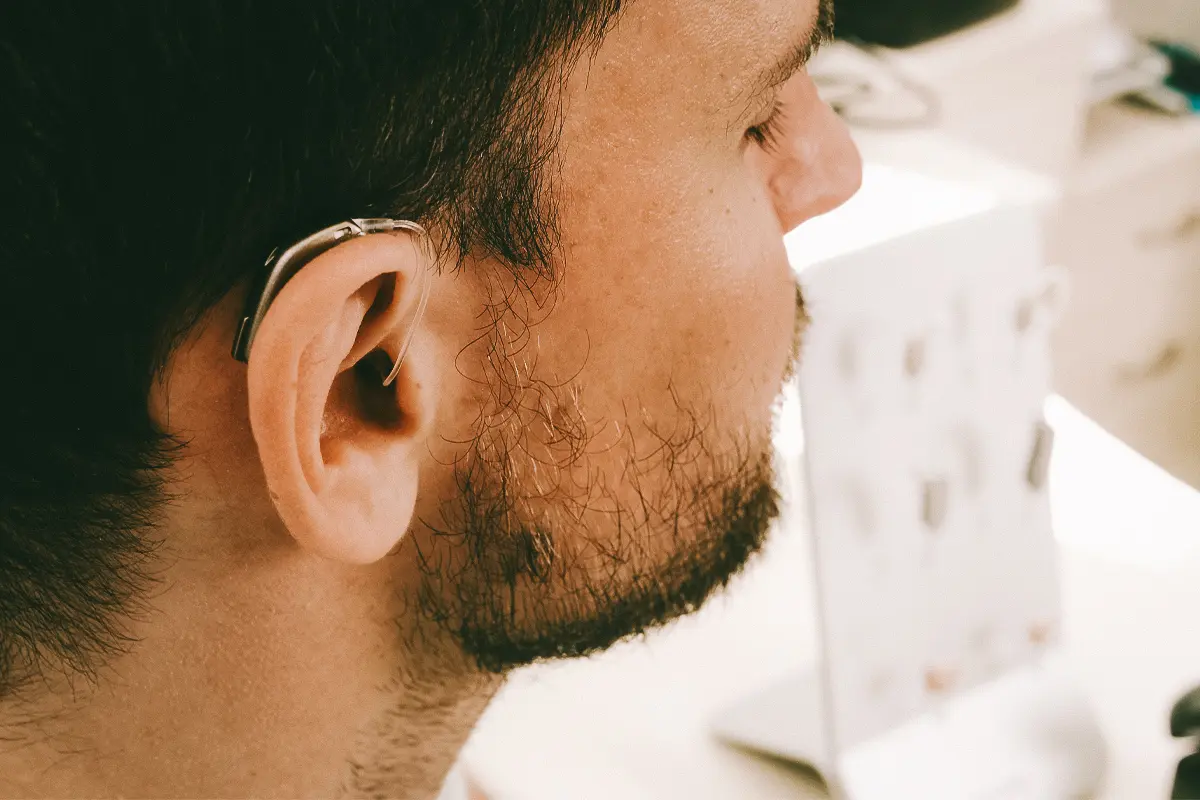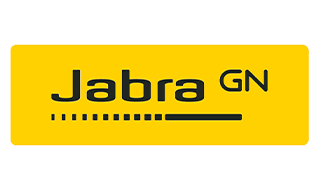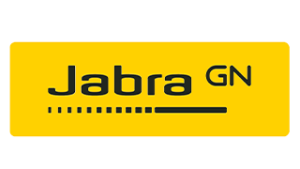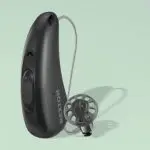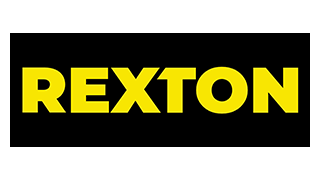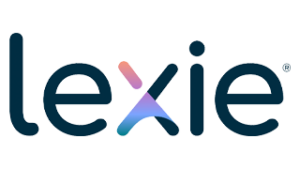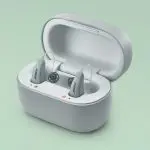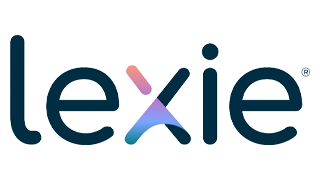Table of Contents
Our mental health is closely related to our sense of hearing. Untreated hearing loss can lead to feelings of isolation or depression, and it may even hasten cognitive decline. Hearing aids can treat hearing loss, but they can be expensive—especially prescription devices, which are more powerful than over-the-counter hearing aids.
On the other hand, hearing aids available from Costco start at $1,500 and are among the most affordable prescription devices we’ve seen. They may be a good choice if you want to balance features with cost when treating your hearing loss.
You won’t find much variety in terms of style. Still, these hearing aids have advanced Bluetooth features, all-day batteries, optional upgrades like telecoils A small copper wire in your hearing aid serves as a receiver, allowing you to connect to audio through a loop system often found in public facilities, including places of worship and public transportation. or tinnitus Tinnitus is when a person hears ringing, buzzing, or other noises in the ear. It is often associated with hearing loss. management programs, and helpful accessories like remote controls and TV streamers.
Costco Hearing Centers carry three prescription hearing aids and one OTC hearing aid (only available online). Costco sells these hearing aids but does not manufacture them. And it’s worth noting that Costco Hearing Center employees are not all doctors—some locations do have audiologists and hearing instrument specialists on staff, but it varies by location. If you get a hearing test at Costco, it will be done by a qualified expert like a hearing instrument specialist.
It’s free to visit a Costco Hearing Center to test your hearing and try the prescription devices (although you need a membership to purchase), so that’s exactly what our testers did to evaluate each model and find information unavailable online. In this review, we’ll discuss the similarities and differences between each prescription model, offer our opinion on Costco’s OTC hearing aid, and walk you through the buying process to help you find the best Costco hearing aid for you.
Best Costco hearing aid overall
The Jabra Enhance Pro 20 is our choice for the best hearing aid available from Costco overall thanks to its small size, comfortable fit, detailed app, long battery life, and advanced Bluetooth features.
Our pick of the best hearing aids from Costco
- Jabra Enhance Pro 20: Best overall
- Rexton Reach: Best rechargeable battery life
- Lexie B2 Plus: Best OTC hearing aid
- Philips Hearlink 9050: Best for tinnitus
Best Costco hearing aids reviews
Jabra Enhance Pro 20: Best overall
Our verdict
The Rexton Reach has the longest-lasting rechargeable battery of any Costco hearing aid, even if you stream Bluetooth audio for hours.
Insights from our testers
The Rexton Reach hearing aids come in four colors: black, sandy brown, rose gold, and dark champagne. They are designed to withstand drops and are resistant to dust, dirt, sweat, and humidity, so they could be good for those with an active lifestyle.
Our testers note that the Multi-Voice Focus technology is helpful for hearing group conversations in noisy environments where voices tend to fluctuate and drop in and out.
From our tester
“The technician told me that both Jabra Enhance Pro 20 models have 360-degree all-around hearing and impulse noise reduction so that sudden, loud sounds are less jarring, like when you drop a fork onto a plate. She also said the Jabra app is the most advanced app of all three prescription hearing aids at Costco, as it gives you the most control over your device.”
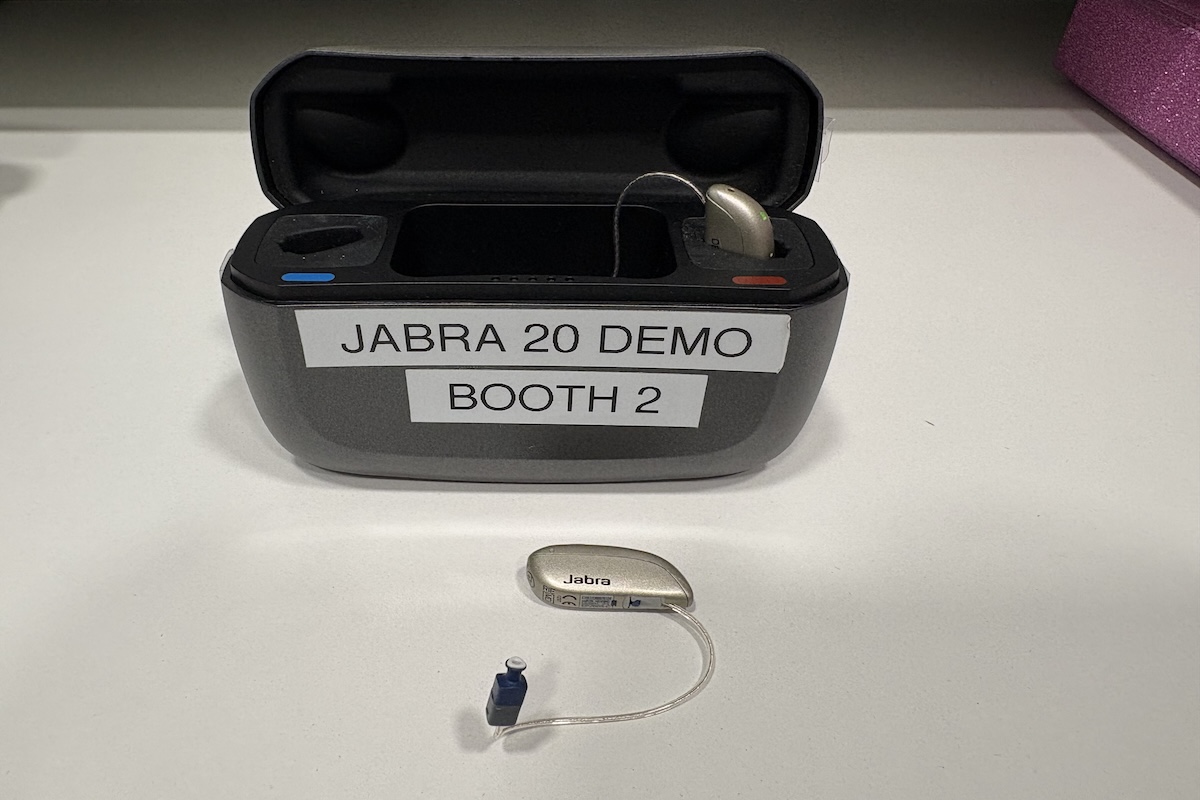
Why the Jabra Enhance Pro 20 is our choice for the overall best Costco hearing aid
The Jabra Enhance Pro 20 is our choice for the best hearing aid from Costco because it combines a discreet design with high functionality. For example, it connects to an app that allows users to find their lost hearing aids, adjust bass, treble, and mid-tones, and increase or decrease the level of noise cancellation. We like that the Jabra Enhance Pro 20 leaves some customization in the hands of the user for convenience. Still, it’s a good idea to take note of your baseline settings during your initial fitting so you can reset them easily if needed.
This hearing aid streams Bluetooth with the option to use
Auracast
Auracast is a Bluetooth feature that allows audio to be broadcast from a single device to many without needing to pair your device first.
for public connections—an innovation that’s slowly gaining popularity but is expected to replace the need for a telecoil. It also supports hands-free calling on iPhone and iPad, but you’ll need to purchase a separate phone clip to make hands-free calls through Android devices. Other accessories include a TV streamer, microphone, and remote control. There’s also an optional tinnitus program, but we prefer the tinnitus program in the Philips Hearlink 9050—more on that below.
The Pro 20 is Jabra’s only prescription hearing aid, and it’s only available through Costco Hearing Centers. Learn more about their OTC lineup in our full Jabra Enhance review.
Rexton Reach: Best rechargeable Costco hearing aid
Our verdict
The Rexton Reach has the longest-lasting rechargeable battery of any Costco hearing aid, even if you stream Bluetooth audio for hours.
Insights from our testers
The Rexton Reach hearing aids come in four colors: black, sandy brown, rose gold, and dark champagne. They are designed to withstand drops and are resistant to dust, dirt, sweat, and humidity, so they could be good for those with an active lifestyle.
Our testers note that the Multi-Voice Focus technology is helpful for hearing group conversations in noisy environments where voices tend to fluctuate and drop in and out.
From our tester
“The Rexton app falls in the middle of the pack as far as advanced controls and ease of use. You can make more adjustments in the Jabra app.”
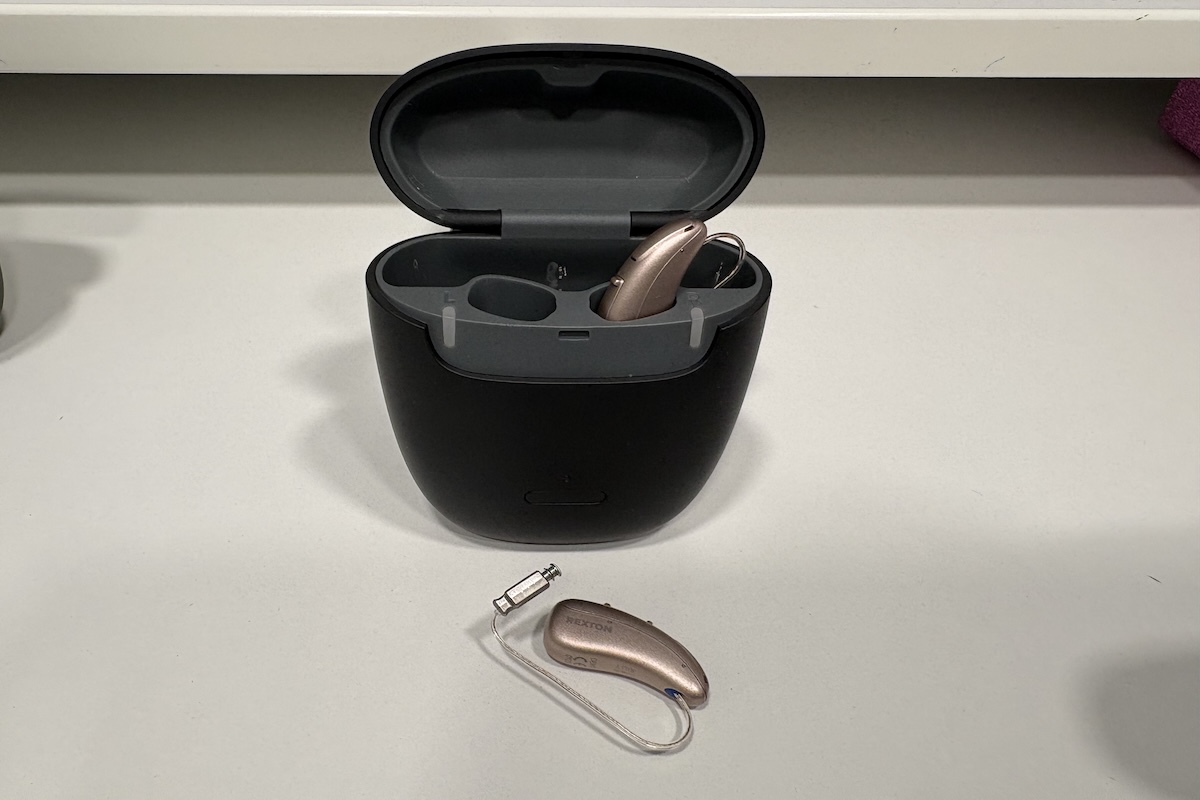
Why the Rexton Reach is our choice for the best rechargeable battery life
The Rexton Reach is our choice for best rechargeable battery life in a Costco hearing aid because it lasts much longer than the rest. You can expect about 34 hours of run time with the Rexton Reach, which includes five hours of Bluetooth streaming.
Hearing sounds all day supports healthy brain activity related to speech comprehension, so we prefer hearing aids with at least an 18-hour battery life. The Rexton Reach goes above and beyond with more than enough battery power for an entire day.
Since Bluetooth streaming doesn’t drain the Rexton’s battery significantly, you can listen to music, audiobooks, and your favorite TV shows without recharging the battery in the middle of the day. But if you ever do need a quick battery boost, you can get up to six hours of run time with a 30-minute charge—one of the fastest charge times we’ve seen so far.
Lexie B2 Plus: Best OTC hearing aid from Costco
Our verdict
The Lexie B2 Plus hearing aids are the only OTC option sold at Costco (only available online), and they provide a detailed setup experience for people new to hearing aids.
Insights from our testers
The Lexie B2 Plus is the only OTC hearing aid for sale from Costco, and it’s only available online. You can still buy the Lexie B2 Plus online directly from the brand, but you’ll save $10 buying from Costco.
Our testers love how detailed the step-by-step setup process is through the Lexie app. They appreciate the custom settings available after an in-app hearing test and say the hearing aids are easy to control due to the raised buttons on them. However, our testers also note that this may not be the best hearing aid for someone looking for high-quality Bluetooth streaming because it sounds fuzzy and doesn’t offer hands-free calling.
From our tester
“The app is helpful with lots of different settings. I love that it applies recommended settings based on the results of your hearing test. The hearing aids did feel a bit itchy in my ear at first, but the user manual says this is normal.”
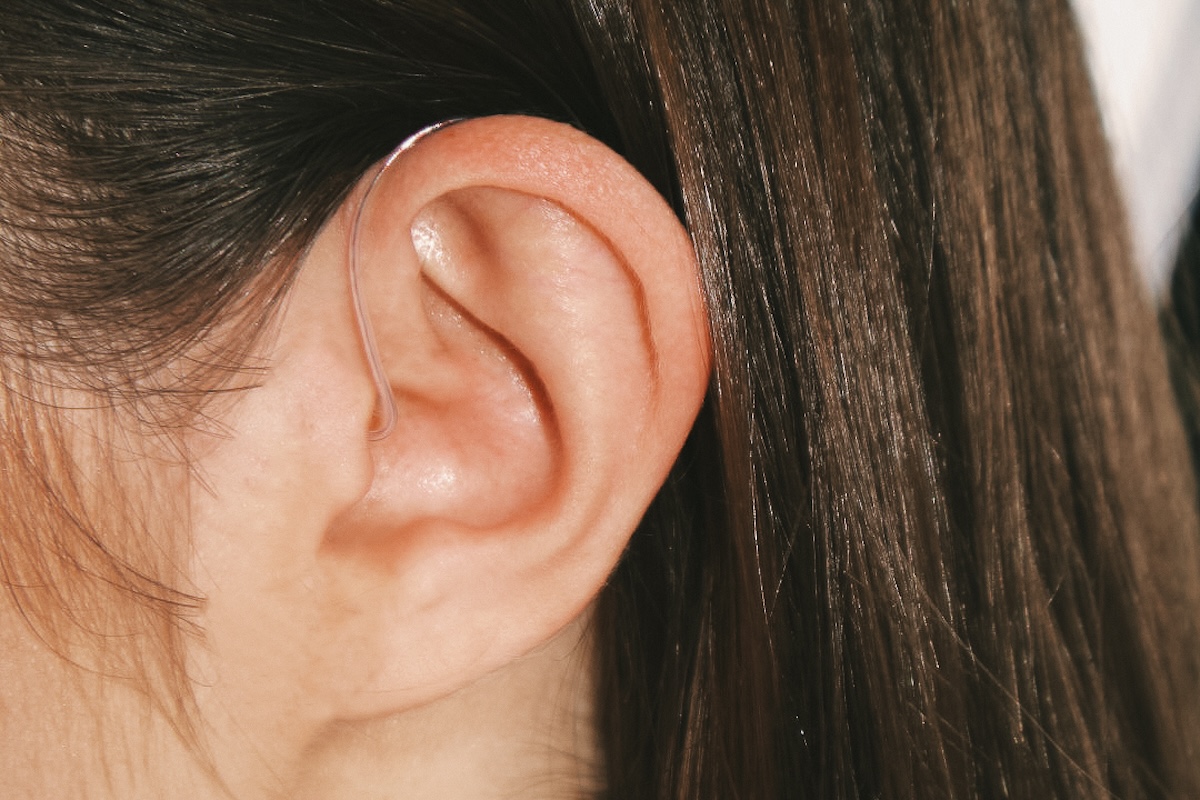
Why the Lexie B2 Plus is our choice for the best OTC hearing aid from Costco
The Lexie B2 Plus is the best OTC hearing aid from Costco by default—it’s the only OTC model currently available. That said, this isn’t a bad choice. We include the Lexie B2 Plus on our list of the best OTC hearing aids because it’s user-friendly. Our testers are impressed with the sound quality in the Lexie B2 Plus compared to other OTC options, and it’s comfortable and discreet when properly fitted.
One thing to watch out for when buying an OTC hearing aid (especially if it’s your first) is properly inserting it into your ear. In the case of a receiver-in-canal model like the Lexie B2 Plus, you’ll also need to choose the correct length of wire to connect the receiver to the body of the hearing aid. The wrong size could make the hearing aid’s body too loose, tight, or more visible than expected.
The Lexie app walks you through all of this with helpful animations and instructions. Our testers say it’s the most detailed setup tutorial they’ve experienced in an OTC device so far. You also take a hearing test during setup so the app can suggest the most helpful settings for your hearing loss. Although this isn’t quite up to the level of fine-tuning available in a prescription device, it’s the next best thing. You can also call an expert through the app for immediate help with issues like fit or sound quality.
Learn more in our full Lexie hearing aids review.
Philips Hearlink 9050: Best for tinnitus
Our verdict
The Philips Hearlink 9050 includes an optional sound generator that integrates with up to four listening modes and continues to work when the hearing aid is muted.
Insights from our testers
Our testers note that the Phillips Hearlink 9050 works up to 24 hours with no Bluetooth streaming, and its quick-charge function provides four hours of runtime after 15 minutes of charging. It comes in four colors (black, brown, beige, and gray) and works with a TV streamer, microphone, and phone clip like the Rexton Reach and Jabra Enhance Pro 20.
From our tester
“These hearing aids connect to an app called the Philips Hearlink 2. It’s the easiest app to use out of the three prescription options. You can change low-, mid-, and high-frequency sounds.”
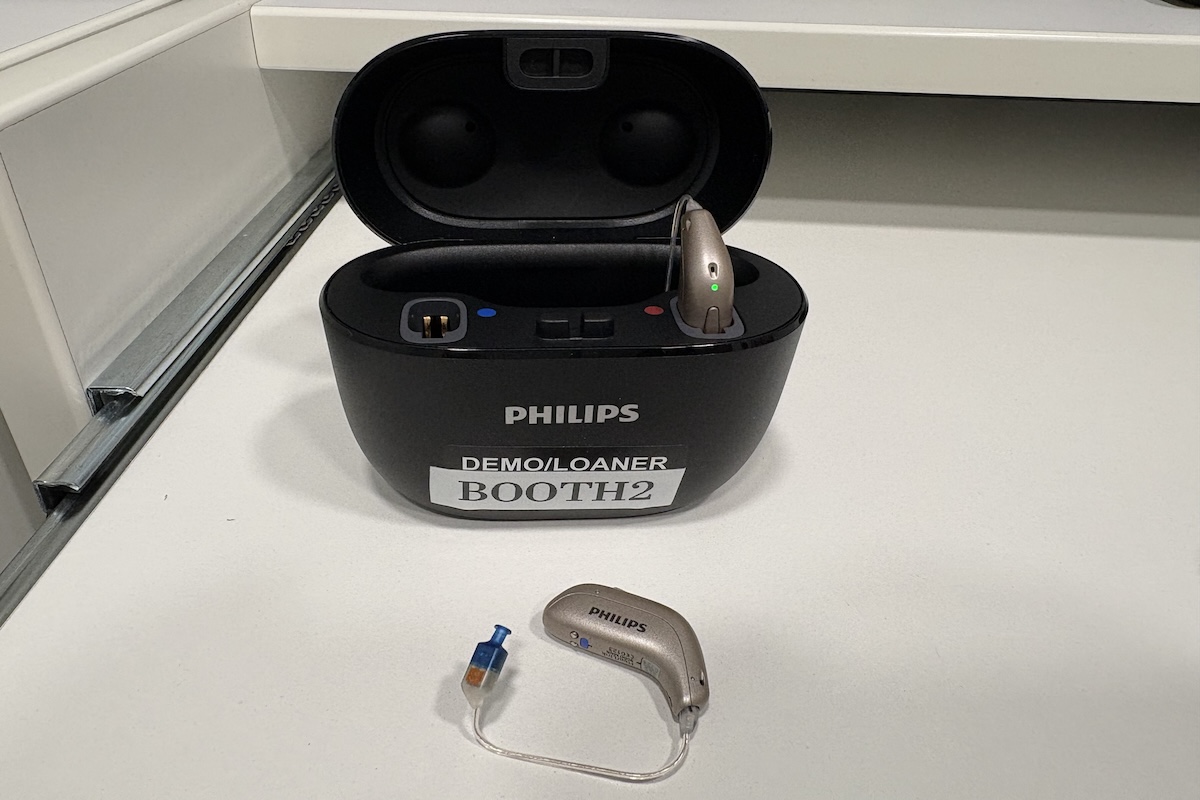
Why the Philips Hearlink 9050 is our choice for best tinnitus management
The Philips Hearlink 9050 is our pick for best tinnitus management in a Costco hearing aid because it has a sound generator that continues to play music even if you choose to mute all other sounds. Many hearing aids do not offer a mute function, so if that’s a priority for you, the Philips Hearlink could be a good choice.
Ruth Reisman, an audiologist with Urban Hearing in Brooklyn, New York, says sound generators mask tinnitus with a more appealing sound. “Tinnitus management programs are effective for most patients,” she says. For best results, Reisman suggests using a sound generator to mask tinnitus, and pairing that with cognitive behavioral therapy to help you develop coping skills for your tinnitus.
Like the other prescription hearing aids from Costco, the Philips Hearlink 9050 helps manage tinnitus symptoms by generating soothing, rhythmic sounds that you can focus on to take your mind off the ringing in your ears. In the Hearlink 9050 hearing aids, the sound generator can play alongside four listening programs. This means that you can benefit from tinnitus therapy even in noisy environments.
Installing the tinnitus program is optional, so tell your hearing care provider if you’re interested in using it. They’ll set it up for you and ensure the sounds aren’t too loud.
Our testing experience
With FDA approval, the OTC hearing aid market experienced rapid growth with an influx of new companies. While this improves accessibility and helps drive down prices, it also muddies the waters. How do you know which products are trustworthy?
When choosing hearing aids to test, we survey the market, interview hearing health experts, and speak to real hearing aid users. To date, we’ve curated a list of 21 OTC models to test from nine brands: Audien, Audicus, Eargo, Go Hearing, Jabra Enhance, Lexie, Lucid, MDHearing, and Sony. We chose these brands because they have positive reputations and represent a range of prices, styles, and features.
We also tested prescription models from Oticon, Phonak, and Starkey to experience the difference between OTC and Rx (prescription) hearing aids firsthand.
The process looked like this:
Our testers try multiple devices and answer 25 questions about each. We use these answers to look for outstanding performers. For example, the clarity of the Jabra Enhance Select 200 immediately catches our testers’ attention like no other OTC hearing aid.
Jabra Enhance Select 200
“Jabra Enhance Select 200 has great sound quality for different environments. I can really tell the difference between the listening programs.”
We also look for hearing aids that demonstrate consistent quality in fundamental features, like sound clarity, setup, comfort, and ease of use. Brands that don’t meet those standards didn’t make it onto our best-of list.
No brand’s hearing aids perform flawlessly. For example, one of our testers runs into trouble right away with the MDHearing Volt: the Quick Start Guide doesn’t explain how to turn it on.
We also complete onboarding calls with brand audiologists and talk with customer service representatives over the phone and through chat modules to accurately replicate the buying process and evaluate post-purchase support options.
Finally, we continue our testing by interviewing independent audiologists, hearing instrument specialists, mental health experts, and hearing aid users to get additional perspectives on OTC hearing aids.
The case for OTC hearing aids is particularly compelling. Being able to reach a wider population by increasing accessibility, simplifying the ease of fitting, and reducing the cost barriers … opens the gateway to an array of possibilities [previously inaccessible] due to exorbitant costs and lack of insurance coverage.
Shelley Singh, AuD
Pros and cons of Costco hearing aids
Pros:
- Affordable prices for prescription hearing aids.
- Convenient locations for in-person hearing tests.
- Possible to get same-day hearing aids if they’re in stock.
- Try before you buy.
Cons:
- No OTC hearing aids available in-store (only online).
- Costco Hearing Center employees are not doctors.
- Only one type of hearing aid is offered (receiver-in-canal).
- No financing available.
How to buy hearing aids at Costco
To buy prescription hearing aids at a Costco Hearing Center, start by calling the location nearest you to make an appointment. Unfortunately, there’s no way to book an appointment online. Be prepared to book three appointments at a time: one for the hearing test, one for a fitting appointment a week later, and one for a follow-up appointment two weeks later.
Then, you’ll need to fill out some paperwork. You can do this online or in person before your appointment. The packet consists of four printed pages. It asks for your basic information and medical history regarding your ears or hearing.
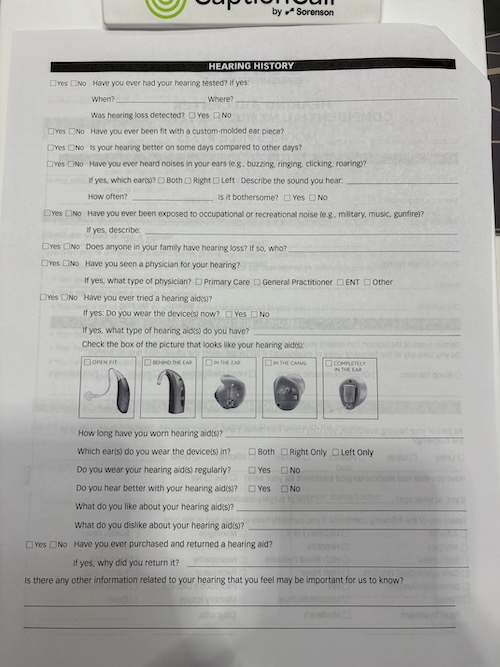
Some of the questions include:
- Have you ever previously worn hearing aids?
- Have you been exposed to loud noises?
- Do you experience ringing in your ears?
- How do you rate your overall hearing?
- How would you like to hear better?
Our testers say it takes about five minutes to complete these forms.
Next, you’ll take a series of hearing tests while sitting in a soundproof booth. According to our testers, this takes about 35 minutes. Each ear is tested separately.
- The tone test determines the highest- and lowest-pitched sounds you can hear in each ear. The technician will help you insert earbuds into the ear canal. You’ll be asked to push a button whenever you hear a sound.
- During the volume test, a noise will get progressively louder. You’ll be asked to indicate when the noise is unbearable.
- The speech audiometry test requires you to repeat words played at different volumes, which helps determine the lowest volume you can understand and highlights potential speech comprehension problems.
- Finally, the bone conduction test repeats the tone test while using headphones that fit on the bones behind each ear. This can help diagnose the type of hearing loss.
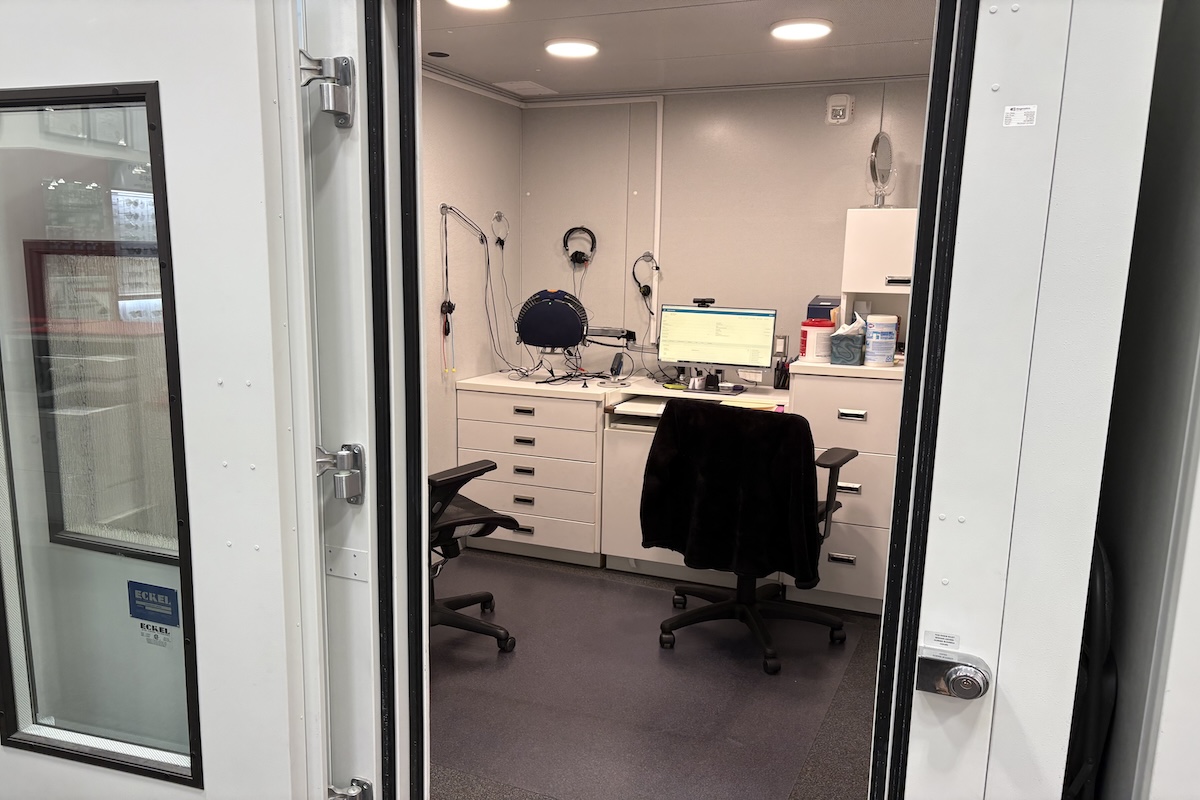
From one of our testers:
“The technician who administered my hearing test was very informative throughout the entire process and made me feel very comfortable.”
Your hearing test results will be displayed on a chart called an audiogram. Based on these results, the Costco Hearing Center technician may recommend a specific device.
Next, you can try out a demo pair of each hearing aid. “They will walk you through the entire process,” says one of our testers. “They will help you with fitting the device comfortably and will teach you how to use the device and how to set up the app. They’ll show you how to replace the dome and filter, and they also offer these for free.”
Once you choose a hearing aid, Costco may have to order it for you. “They have some hearing aids in stock, and others they have to order depending on color and model,” one of our testers says. When you return for the fitting appointment, the technician will program the hearing aid according to your audiogram to support your unique hearing loss.
What to consider when purchasing hearing aids from Costco
Before you decide to buy hearing aids from Costco, think about the following:
- Degree of hearing loss: Costco sells only one hearing aid that’s suitable for profound hearing loss (Philips Hearlink 9050). If it doesn’t have the features you want, you’ll need to shop elsewhere.
- Type of hearing aid: All Costco hearing aids are receiver-in-canal (RIC). If you want an in-the-ear (ITE) or in-the-canal (ITC) hearing aid, you’ll need to look at other options.
- Financing: Costco doesn’t offer financing, so you may need to shop elsewhere if you want a payment plan.
- App capabilities: Some hearing aid apps give users more control than others. If you want to adjust your hearing aids on the go, take a closer look at the Jabra Enhance Pro 20 and Philips Hearlink 9050 from Costco.
- Bluetooth features and compatibility: Most Costco hearing aids have similar Bluetooth functionality, like hands-free calling and Auracast. The Lexie B2 Plus, on the other hand, is less advanced.
- Fit and comfort: It can take several months to get used to the way hearing aids feel in and on your ears, but you shouldn’t be in pain or serious discomfort at any time. The nice thing about purchasing hearing aids from Costco is you try them on in-store, with the exception of the Lexie B2 Plus, which is only available online.
- Return policy: Costco offers a 180-day return period for prescription hearing aids. This should give you enough time to adjust to their sound and decide if they’re right for you.
Alternatives to Costco hearing aids
If you don’t have a Costco membership, you won’t be able to purchase the Jabra Enhance Pro 20. To our knowledge, it’s exclusively available through Costco Hearing Centers.
The other hearing aids we discuss can be purchased elsewhere, but costs may vary. For example, the Lexie B2 Plus is available on the Lexie website for about $20 more than the Costco price. The Philips Hearlink and Rexton Reach should be available through any hearing care provider, but because they set their own prices and often bundle services into the total cost of the hearing aid, you could end up paying more for these prescription devices compared to the Costco price.
See our list of the best affordable hearing aids for more low-cost models and money-saving tips.
Compare the best hearing aids from Costco, as of November 2024
| Starting price | $1,600 | $1,500 | $980 | $1,500 |
| Type | Receiver-in-canal (RIC) (prescription) | Receiver-in-canal (prescription) | Receiver-in-canal (OTC) | Receiver-in-canal (prescription) |
| Degree of Hearing Loss | Mild to severe | Mild to severe | Mild to moderate | Mild to profound |
| Battery life | 30 hours | 34 hours | 18 hours | 24 hours |
| Best for | Best overall | Best rechargeable battery life | Best OTC | Best tinnitus management |
Costco stopped selling Kirkland hearing aids after numerous complaints about the rechargeable battery not working correctly.
Original Medicare (Part A and Part B) doesn’t cover hearing aids, but a Medicare Advantage (Part C) plan may offer coverage. To learn more, view your plan’s Explanation of Benefits document or contact your insurance company.
Costco sells three prescription hearing aids and one over-the-counter model. All are available as receiver-in-canal (RIC) models.
- The hidden risks of hearing loss. (2022, November 1). Johns Hopkins Medicine. Link
- Cantuaria, M. L., Pedersen, E. R., Waldorff, F.B., et al. (2024). Hearing Loss, Hearing Aid Use, and Risk of Dementia in Older Adults. JAMA Otolaryngology – Head & Neck Surgery, 150(2):157–164. Link
- Wingfield, A., & Peelle, J. E. (2012). How does hearing loss affect the brain? Aging Health, 8(2), 107–109. Link
- Research and Markets. (2023). Over-the-counter (OTC) hearing aids market size, market share, application Analysis, Regional Outlook, Growth Trends, Key Players, Competitive Strategies and Forecasts-2023 to 2031. Link



